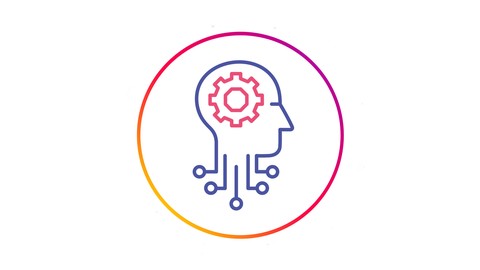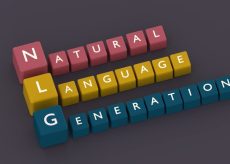Practical Introduction to Machine Learning with Python


Price: 49.99$
Linked In released it’s annual Emerging Jobs list, which ranks the fastest growing job categories. The top role is Artificial Intelligence Specialist, which is any role related to machine learning. Hiring for this role has grown 74% in the past few years! Machine learning is the technology behind self driving cars, smart speakers, recommendations, and sophisticated predictions. Machine learning is an exciting and rapidly growing field full of opportunities. In fact, most organizations can not find enough AI and ML talent today. If you want to learn what machine learning is and how it works, then this course is for you. This course is targeted at a broad audience at an introductory level. By the end of this course you will understand the benefits of machine learning, how it works, and what you need to do next. If you are a software developer interested in developing machine learning models from the ground up, then my second course, Practical Machine Learning by Example in Python might be a better fit. There are a number of machine learning examples demonstrated throughout the course. Code examples are available on github. You can run each examples using Google Colab. Colab is a free, cloud-based machine learning and data science platform that includes GPU support to reduce model training time. All you need is a modern web browser, there’s no software installation is required! July 2019 course updates include lectures and examples of self-supervised learning. Self-supervised learning is an exciting technique where machines learn from data without the need for expensive human labels. It works by predicting what happens next or what’s missing in a data set. Self-supervised learning is partly inspired by early childhood learning and yields impressive results. You will have an opportunity to experiment with self-supervised learning to fully understand how it works and the problems it can solve. August 2019 course updates include a step by step demo of how to load data into Google Colab using two different methods. Google Colab is a powerful machine learning environment with free GPU support. You can load your own data into Colab for training and testing. March 2020 course updates migrate all examples to Google Colab and Tensorflow 2. Tensorflow 2 is one of the most popular machine learning frameworks used today. No software installation is required. April/May 2020 course updates streamline content, include Jupyter notebook lectures and assignment. Jupyter notebook is the preferred environment for machine learning development.






